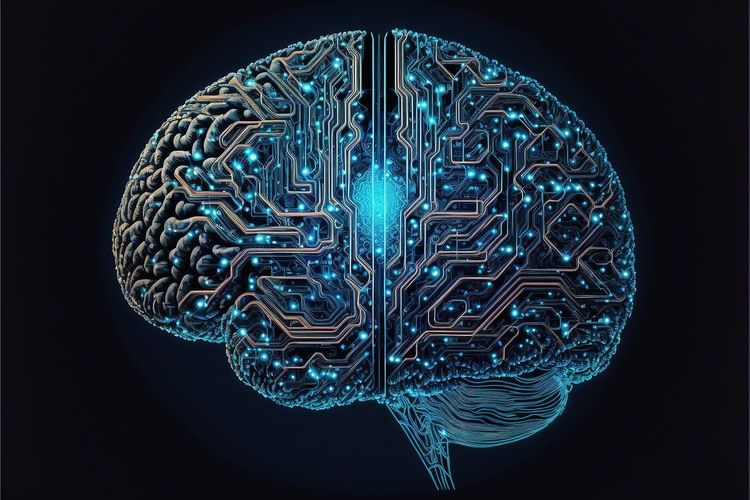The industrial metaverse represents the next phase in the evolution of the consumer metaverse, poised to revolutionize the manufacturing sector. To harness its full potential, the development of the industrial metaverse requires a foundation of collaboration, cutting-edge technology, and seamless interoperability.
During a panel discussion at the Mobile World Congress 2024 held in Barcelona from February 26 to 29, experts shared insights on how the industrial metaverse is already making strides across various industries, with prospects for continued expansion. They noted a symbiotic relationship between AI and the metaverse, with each driving advancements in the other. Crucially, there is a significant need for physical representations of the real world to effectively train AI algorithms.
### Defining the Industrial Metaverse
Panelists offered their interpretations of what constitutes the industrial metaverse. Anissa Bellini, head of strategy for manufacturing industries at Dassault Systèmes, described it as a “virtual personal universe,” where visual representations of real-world objects foster innovation. “Imagine your assets in a virtual environment, enhancing the real world,” she explained. “The industrial metaverse enables collaboration, knowledge sharing, and testing, all while being deeply connected to physical realities.”
Jane Rygaard, head of corporate partnerships at Nokia, emphasized the interconnectedness of digital representations and their impact on the physical realm. “It’s crucial not just to visualize something digitally but also to effect real-world changes from those digital insights. We must incorporate the human element in this integration,” she stated.
Ingrid Cotorus, who leads technology engineering for devices at Meta, highlighted the metaverse as an evolution of connectivity, stating, “It is a hub for collaboration, education, and training, where barriers of distance and time become negligible. Access to data and solutions occurs rapidly, enhancing productivity.”
Soma Velayatham, global business development lead at Nvidia, drew a distinction between the metaverse, simulation, and digital twins. “Simulation is a component of the metaverse, while digital twins represent a broader spectrum,” he noted. “Our vision is a metaverse that accurately reflects the physical world in real-time, ensuring proper synchronization.”
### Industrial Metaverse Use Cases
The discussion progressed to concrete use cases of the industrial metaverse. Velayatham highlighted two significant applications: industrial design and AI training. “In industrial design, the metaverse enables efficiency by minimizing waste. For example, in automotive manufacturing, utilizing virtual representations allows for more effective designs compared to traditional methods.”
He added that training AI systems can be streamlined using the metaverse. “For instance, training a self-driving car or a robot in a virtual space drastically reduces the time required for real-world deployment, turning what could take hundreds of hours into mere hours through advanced computational support.”
Cotorus shared an innovative approach to training and education, especially in crisis management. “We are collaborating with the California Fire Department to provide VR headset training. This enables trainees to experience and respond to crisis scenarios in a controlled and safe environment, ultimately enhancing their preparedness while potentially saving lives.”
Bellini described Dassault’s work in creating digital twins of human organs to enhance surgical outcomes. “We began modeling the human heart in 3D a decade ago, and we now have the capability to create unique virtual representations that inform treatment strategies and predict disease progression,” she said.
Rygaard underscored the technological complexities involved in developing such solutions. “Building the industrial metaverse requires a robust technology stack encompassing computing, AI, networking, and security. No single entity can achieve this independently; we must leverage strategic partnerships to combine technology and industry expertise effectively."
### Conclusion
The industrial metaverse is not merely a technological advancement but a transformative force that will reshape how industries operate. By marrying virtual environments with tangible outcomes, stakeholders can improve efficiency, foster innovation, and ultimately enhance performance across various sectors. The journey into this new digital frontier is a collaborative effort, paving the way for a future where the lines between the physical and virtual worlds seamlessly coexist.







